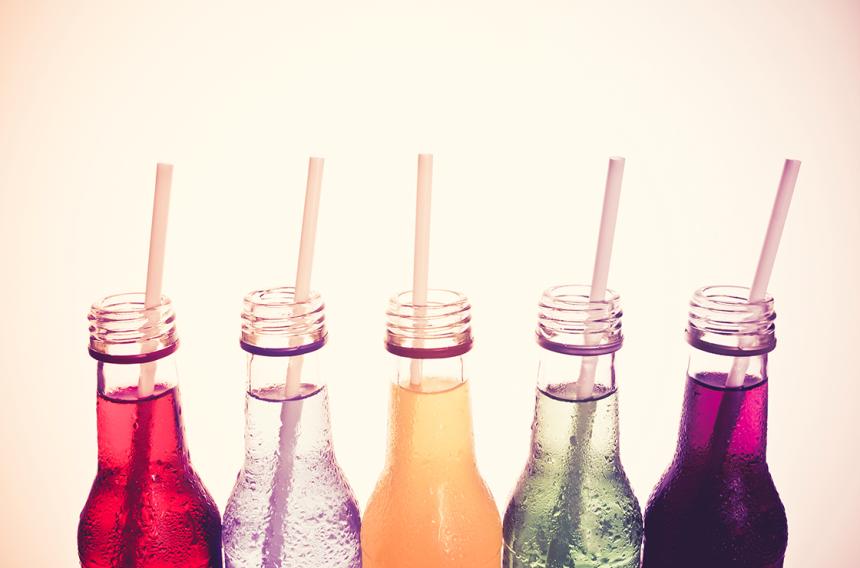Soda May Be Bad for Your Brain, Studies Suggest

Call it what you want—soda, tonic, soft drinks, pop or Coke—it’s one of the most popular beverages in the United States. Consumers drink 40 million gallons of soda in the U.S. Even though consumption is falling in the U.S., 50 percent of Americans drink soda every day, according to Gallup.
Soda has never been considered a health food, particularly regular soda. Because of its high sugar content, regular soda has been associated with weight gain and its related problems for years. But over the last couple of decades, numerous studies have been published associating soda—both diet and regular—to conditions such as tooth decay, depression and bone thinning. Now Boston University School of Medicine (BUSM) researchers have published two studies suggesting that soda may damage your brain.
In BUSM’s first study, published in the March 2017 edition of Alzheimer’s & Dementia, researchers examined data from and conducted MRI scans and cognitive tests on 4,000 people. Participants who drank more than two sugary drinks a day (soda, fruit juice or sweet tea) or had three servings of soda per week showed signs of accelerated brain aging—a risk factor for Alzheimer’s disease. Signs included:
- Smaller overall brain volume: There’s a correlation between brain size and intelligence. Researchers also found that participants who drank one diet soda a day had smaller brain volume.
- Poorer episodic memory: Some participants had some difficulty remembering the times, places and emotions associated with autobiographic memories.
- Shrunken hippocampus: This is the brain’s center of emotion, memory and autonomic nervous system, which regulates involuntary bodily functions such as breathing, blood pressure and heartbeat.
The study only found an association between these outcomes and drinking soda, meaning people who consume sugary drinks are more likely to have these outcomes than people who do not drink them.
In the second study, published in the April 2017 edition of Stroke, researchers tracked study participants’ beverage intake for seven years. They continued monitoring participants for another 10 years, looking for signs of a stroke in participants older than 45 and Alzheimer’s in participants older than 60.
Researchers didn’t find a correlation between sugary drinks and stroke or Alzheimer’s disease; however, their statistics suggested that people who drank at least one diet soda per day were three times as likely to have a stroke or develop Alzheimer’s disease.
Age and lifestyle behaviors such as smoking and diet were factored into the results. However, researchers couldn’t control for diabetes, a risk factor for Alzheimer’s. People with diabetes may drink more diet sodas than people without diabetes, and patients in the study with diabetes may have contributed to some of the Alzheimer’s cases in the study.
Giving up soda is often easier said than done. The sugar, caffeine and carbonation are hard for some people to pass up. But if you would like to cut back, try swapping soda for one of these healthier options:
- Green tea - You can drink it hot or cold. Most supermarkets carry both regular and decaffeinated.
- Infused water – Water can be less boring if you infuse it with fruit or your choice and/or herbs like mint, basil or thyme. If you miss the carbonation, drink natural sparkling mineral water.
- Vegetable juice – Invest in a juicer and make your own vegetable juice. Combine your favorite vegetables with a little fruit for sweetness or some hot sauce for a kick.
If you’re struggling to reduce your soda intake, talk to your doctor. As part of the MDVIP Wellness Program, your doctor can customize a wellness plan for you and your needs, including helping you reduce caffeine and sugar. Don’t have an MDVIP-affiliated doctor? MDVIP has a nationwide network of physicians. Find one near you and begin your partnership in health »


